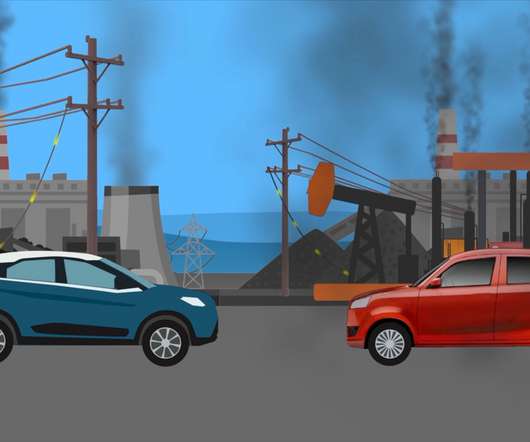Opinon: Lithium Market Set To Explode; All Eyes Are On Nevada
Green Car Congress
OCTOBER 9, 2015
Most of the world’s lithium comes from Argentina, Chile, Bolivia, Australia and China, but American resources being developed by new entrants into this market have set up the state of Nevada to become the key venue and proving ground for game-changing trade in this everyday mineral. There aren’t many American properties out there like ours.”.













Let's personalize your content